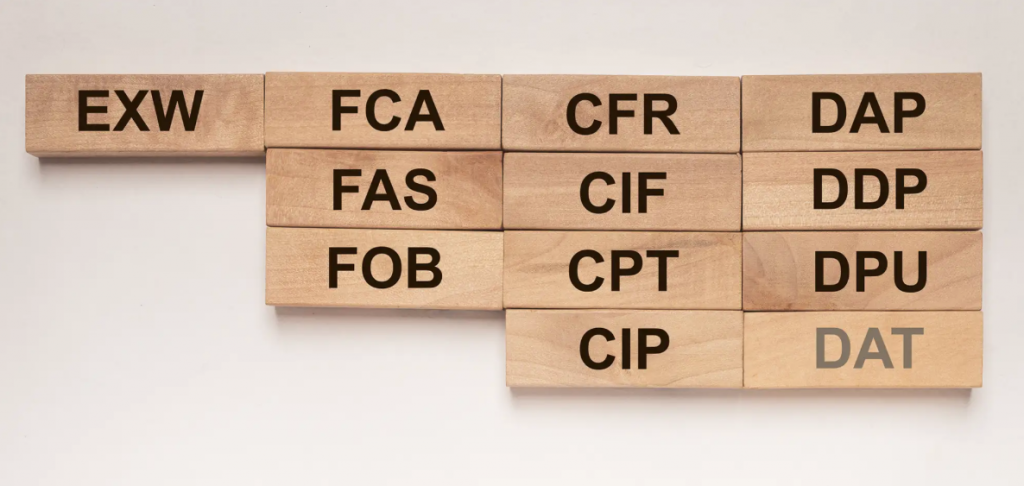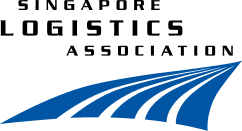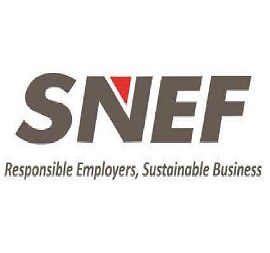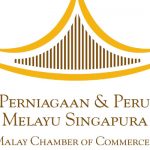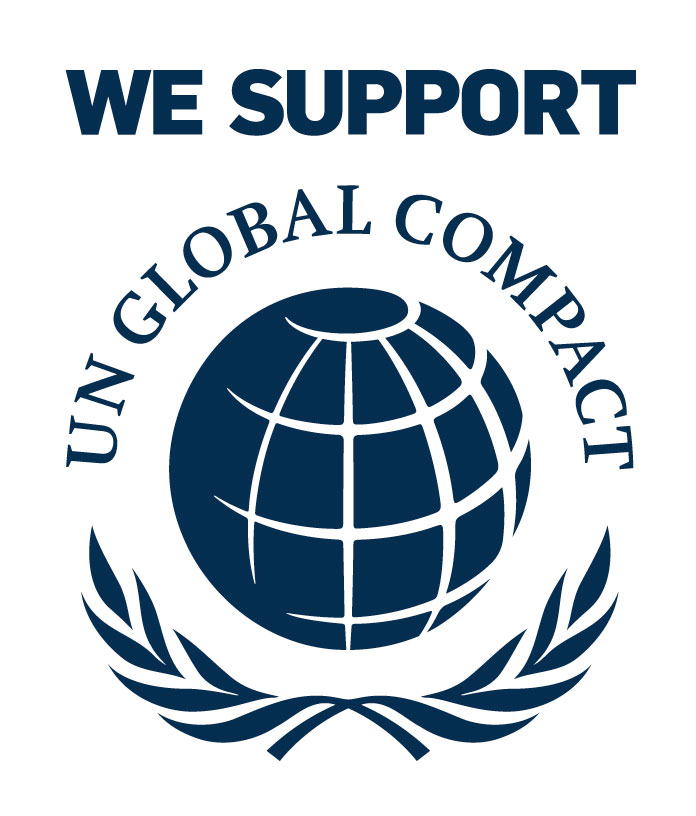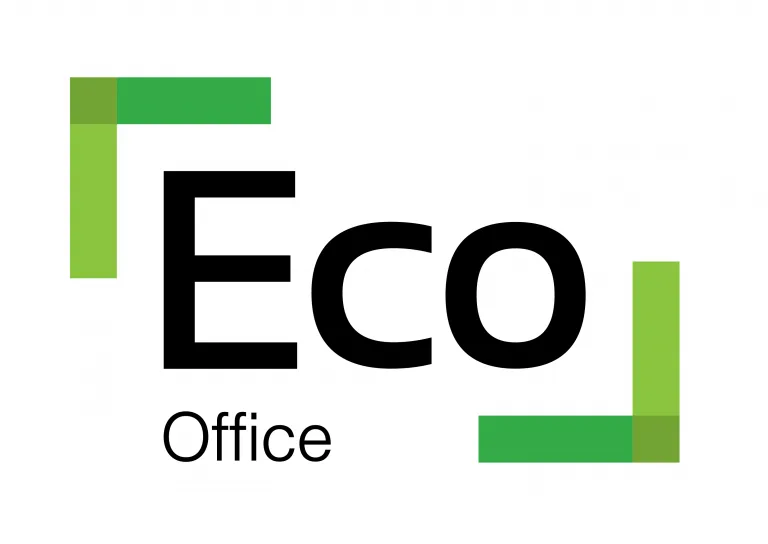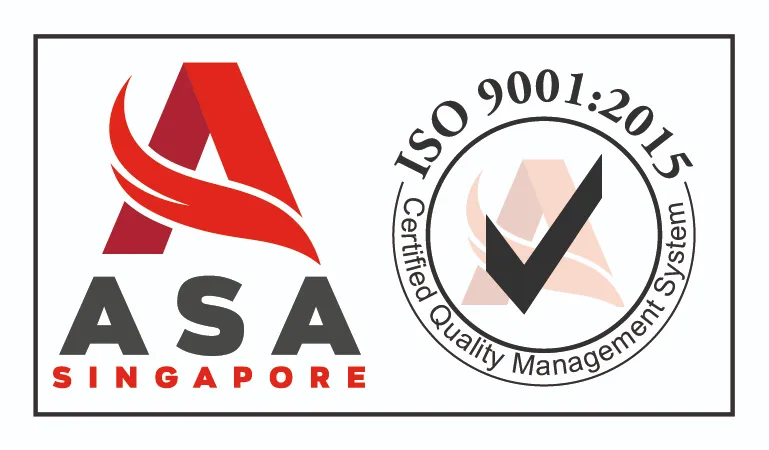At Declarators, we understand that smooth international shipments go beyond moving goods from point A to point B. One of the most critical elements in global trade is understanding Incoterms (International Commercial Terms) a set of internationally recognized rules that clarify the responsibilities of buyers and sellers. For businesses navigating customs permit declarations, Incoterms are not just helpful they’re essential.
What are Incoterms?
Incoterms, established by the International Chamber of Commerce (ICC), define:
- Who is responsible for shipping, insurance, and other costs
- When ownership and risk transfer from seller to buyer
- Which party handles export and import formalities
Some of the most commonly used Incoterms include:
- EXW (Ex Works) – The buyer takes responsibility from the seller’s premises onward.
- FOB (Free on Board) – The seller handles goods until they are loaded onto the vessel; the buyer takes responsibility afterward.
- CIF (Cost, Insurance & Freight) – The seller covers shipping and insurance until the destination port.
- DDP (Delivered Duty Paid) – The seller assumes nearly all costs and responsibilities, including duties and permits.
Why incoterms matter for Customs Permit Declarations
- Clarifying Responsibilities
Misunderstanding Incoterms can create confusion during customs permit applications. At Declarators, we ensure all parties know exactly who is responsible for submitting permits, paying duties, and handling clearance processes. Clear responsibilities reduce the risk of delays or compliance issues. - Accurate Documentation
Customs authorities require precise shipment information, including the declared Incoterm. Using the correct Incoterm ensures smooth approvals, prevents fines, and avoids rejected shipments. - Managing Costs and Risks
Each Incoterm defines who bears shipping, insurance, and customs costs. Knowing this allows Declarators to plan budgets effectively and make informed decisions about risk management throughout the supply chain. - Streamlining the Permit Application Process
With a clear understanding of the Incoterm, Declarators can submit accurate permit applications quickly, helping customs authorities process shipments faster and reducing the likelihood of delays. - Building Trust with Partners
Correctly applying Incoterms demonstrates professionalism and transparency in international trade. Suppliers and partners can rely on Declarators to handle the right responsibilities at the right time, enhancing relationships and operational efficiency.
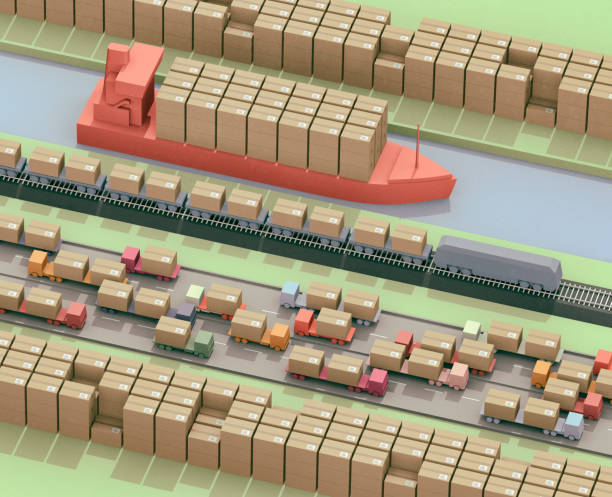
Best Practices from Declarators
- Define Incoterms clearly in contracts with suppliers and logistics partners.
- Coordinate closely with freight forwarders to ensure responsibilities align with the chosen Incoterm.
- Double-check customs documentation to ensure it matches the agreed Incoterm.
- Educate internal teams about how different Incoterms impact customs, costs, and risk.
- Stay updated on changes in regulations, as customs requirements may evolve.
At Declarators, we believe understanding and applying Incoterms correctly is critical for anyone involved in customs permit declarations. They ensure compliance, reduce delays, and provide clarity in responsibilities, costs, and risk management. Mastering Incoterms doesn’t just make international shipping smoother it strengthens business operations and builds confidence with partners and authorities alike.
Contact Us
For more guidance on customs permit declarations and international shipping best practices, reach out to Declarators.
🌐 www.declarators.com.sg
📧 group@declarators.com.sg
📞 +65 6385 2155
